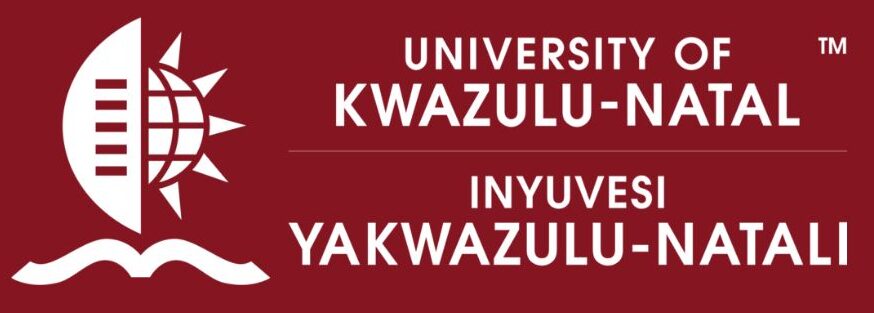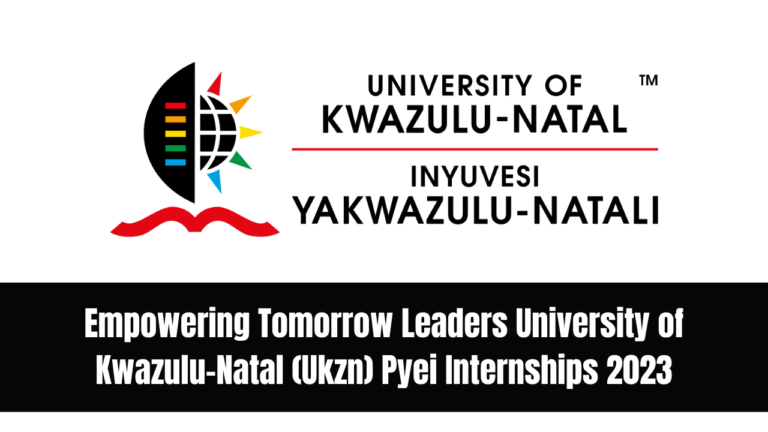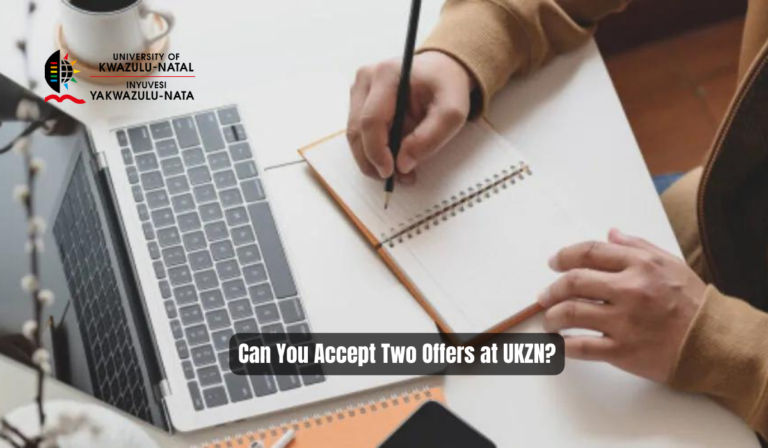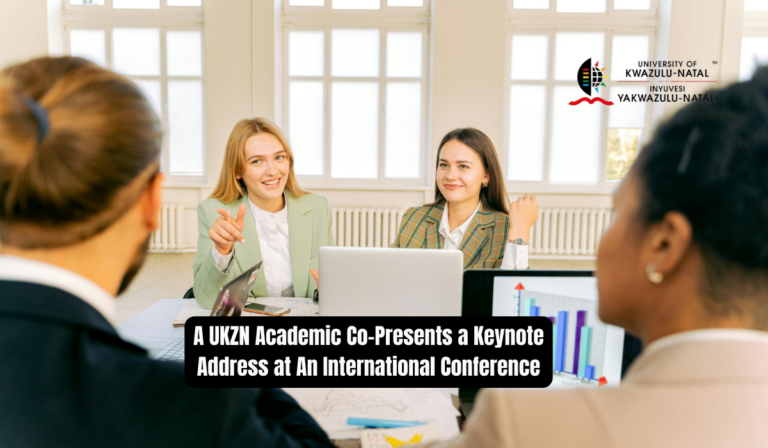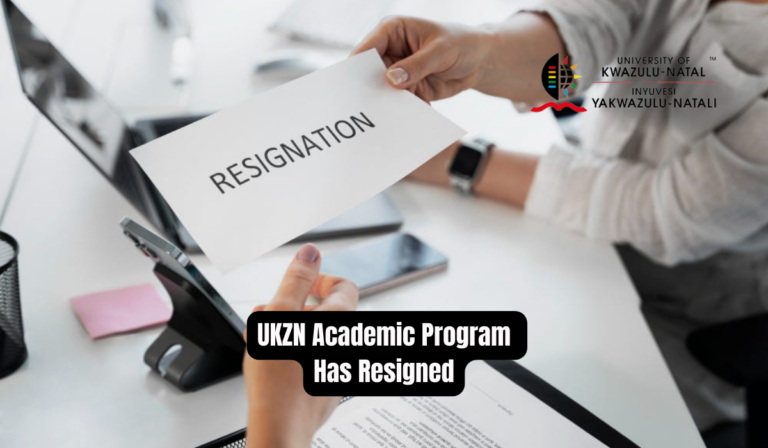Land Restitution Failures in UKZN And Future Prospects
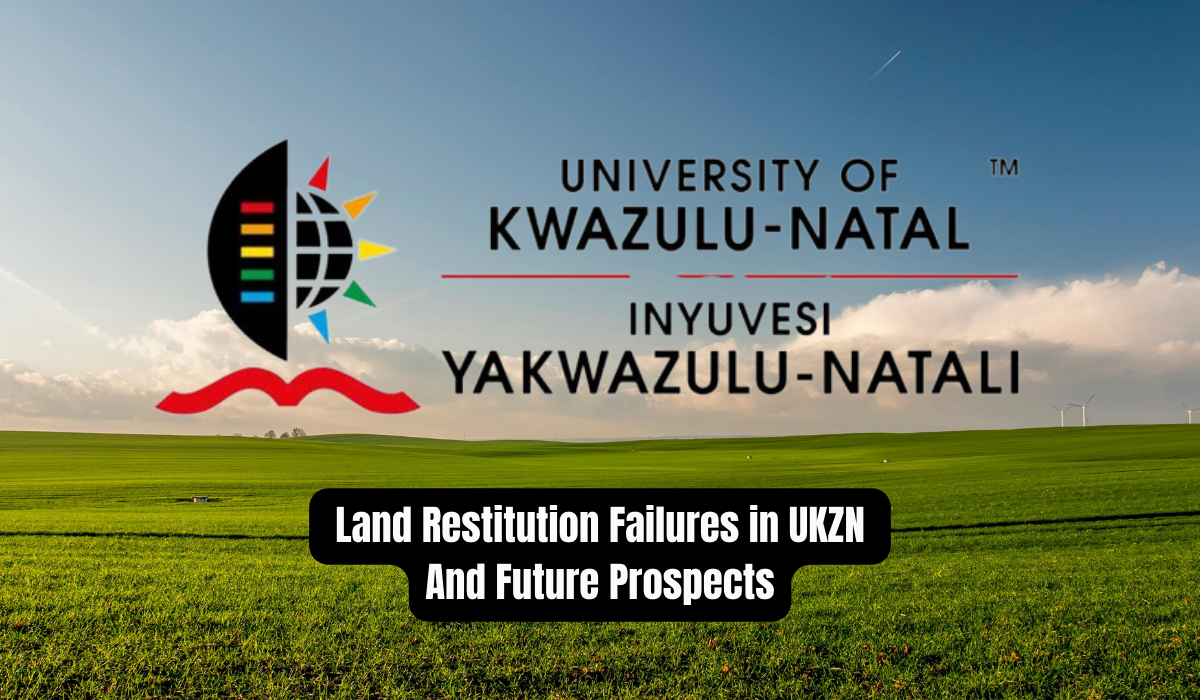
Land Restitution Failures in UKZN And Future Prospects . South Africa struggle for land restitution has been marked by significant challenges, as highlighted by Advocate Tembeka Ngcukaitobi SC during the Dr Phyllis Naidoo Memorial lecture at the University of KwaZulu-Natal’s (UKZN) Westville campus. Despite more than 27 years since the country’s new dispensation, the dream of land return remains unfulfilled, leading to a critical examination of the current state and future possibilities.
Read Also: UKZN Status Check Online
Current State of Land Restitution
Ngcukaitobi emphasized that the land reform program has not only failed but has also primarily benefited a small, wealthy white land-owning elite. He raised questions about the effectiveness of the pro-poor legal and policy framework, which has produced anti-poor outcomes. The main issues contributing to this failure include:
- Structure of Land Reform: The entire redistribution value chain is controlled by landowners, who often prioritize their interests over those of the state or beneficiaries.
- State Incapacity: The Constitutional Court has blamed the slow pace of land reform on state incapacity, citing institutional capacity, lack of skills, overlapping and conflicting claims, inconsistent monetary awards, and corruption as contributing factors.
Possibilities for the Future
Despite these challenges, Ngcukaitobi highlighted the significance of the land restitution program in giving a human face to dispossession. He emphasized that restitution is not just about the material benefits of land but also about memory, affirming that Black people’s pain and historical identities matter.
Tribute to Dr. Phyllis Naidoo
Ngcukaitobi paid tribute to Dr. Phyllis Naidoo, a lawyer and anti-apartheid activist, whose life was dedicated to the struggle for freedom. He highlighted her commitment to the country and her role in the struggle against apartheid.
Call to Action
In closing, Deputy Vice-Chancellor for Research and Innovation Professor Mosa Moshabela urged academia, students, and the broader University community to engage in discussions on critical issues, including land restitution. He emphasized the need to find solutions to these problems to ensure a better future for generations to come.
The Dr. Phyllis Naidoo Memorial Lecture, hosted annually by UKZN and the Gandhi-Luthuli Documentation Centre, serves as a reminder of the ongoing struggle for land restitution in South Africa and the importance of continuing the conversation to find lasting solutions.
Conclusion
As Deputy Vice-Chancellor for Research and Innovation, Professor Mosa Moshabela aptly remarked, the discourse on land restitution is imperative for the collective well-being of South Africa. It demands a concerted effort from academia, civil society, and policymakers to address the root causes of inequality and injustice.
